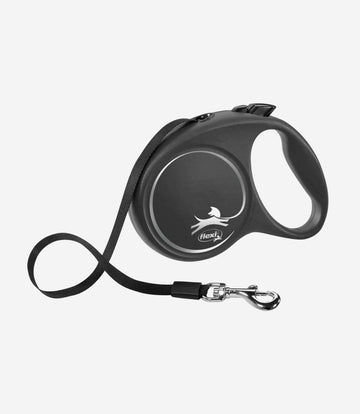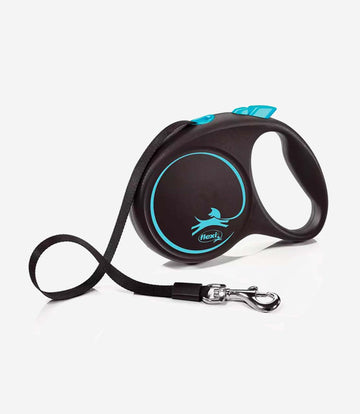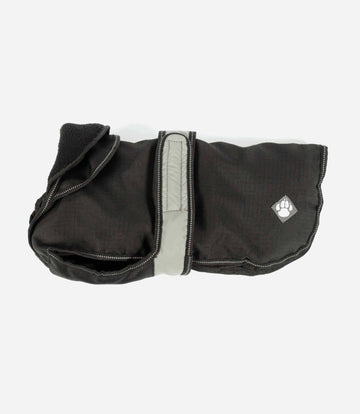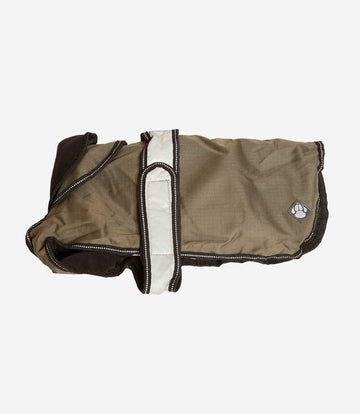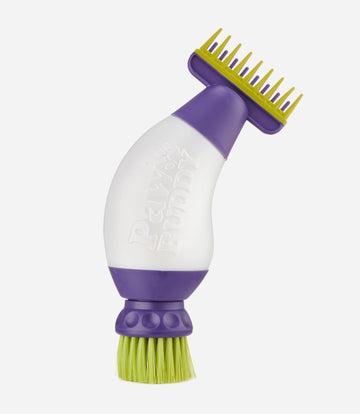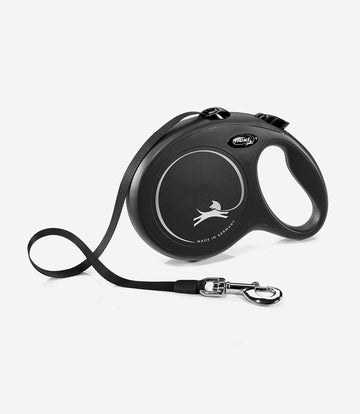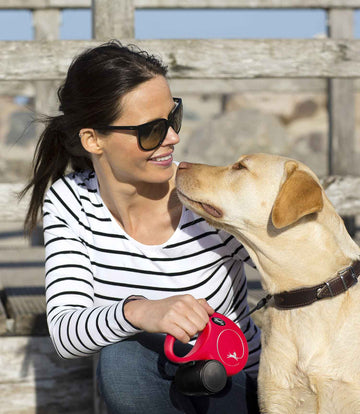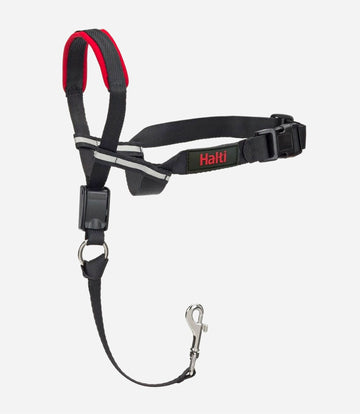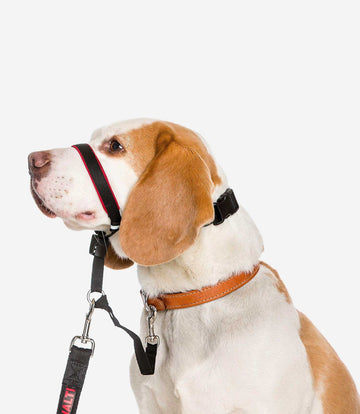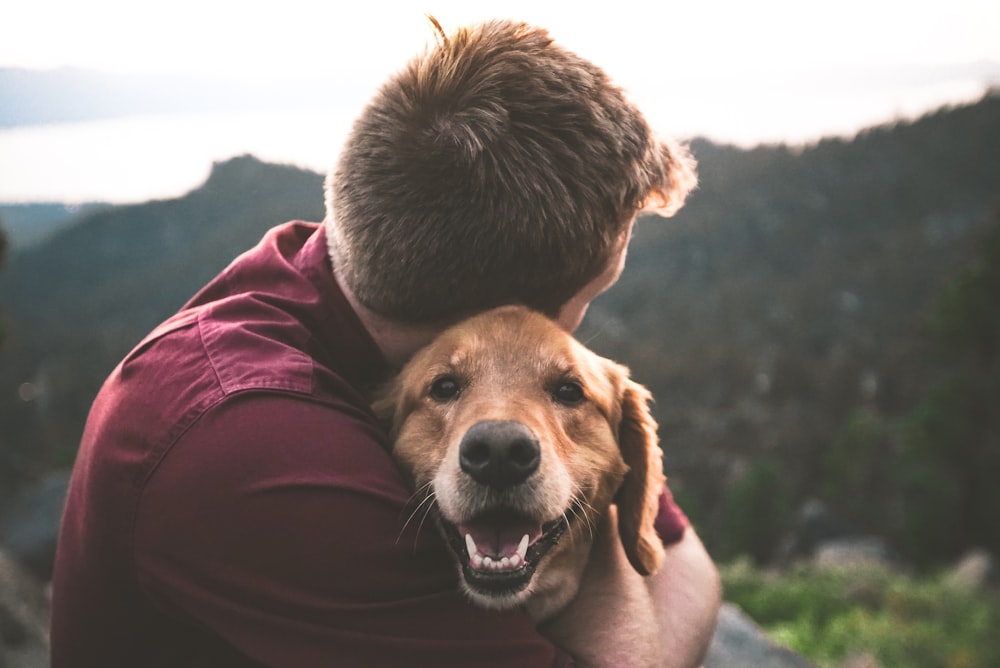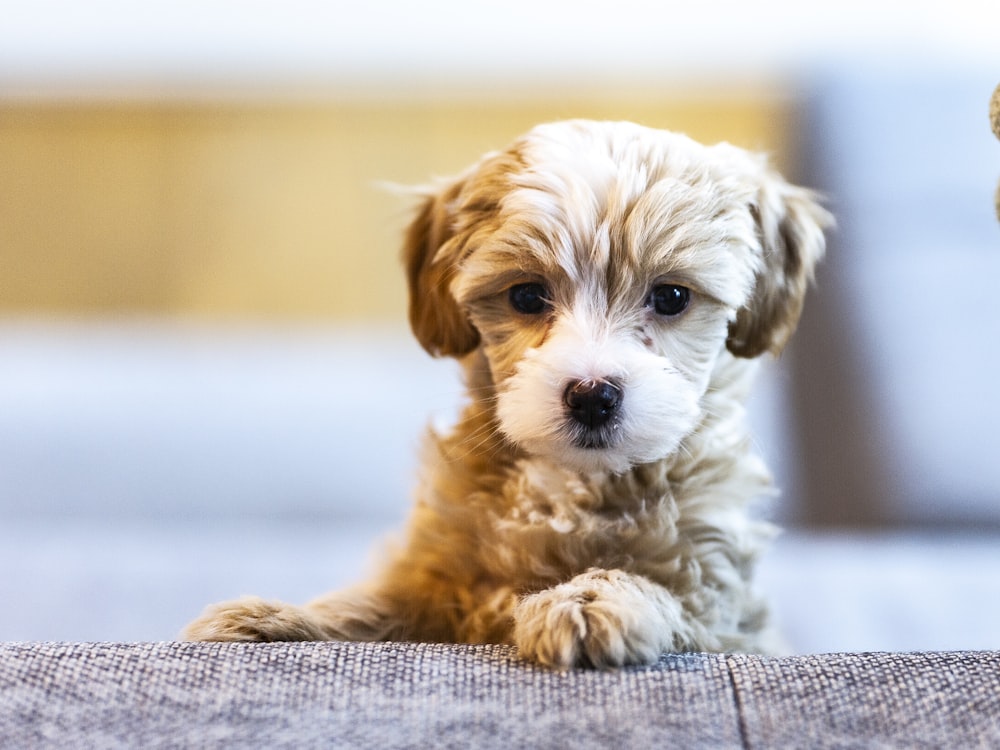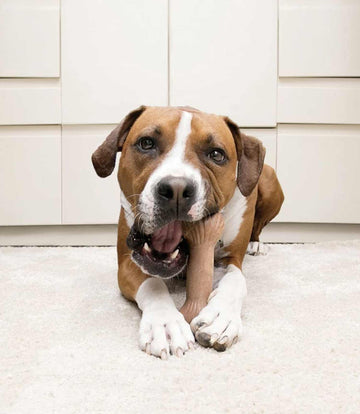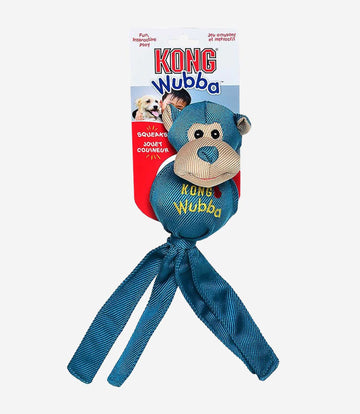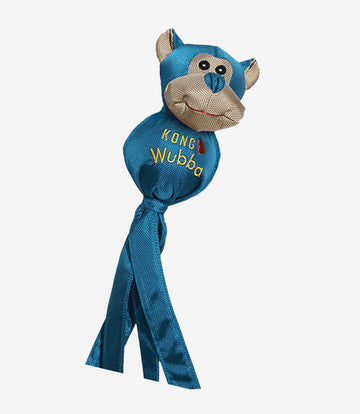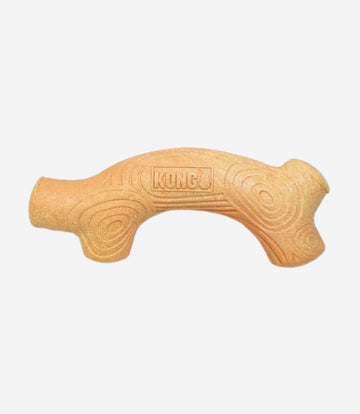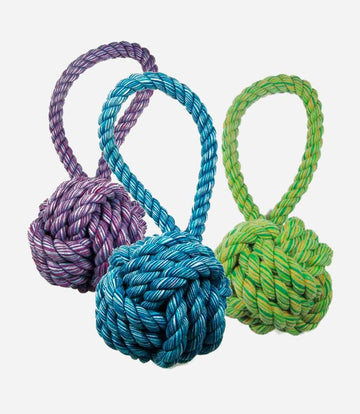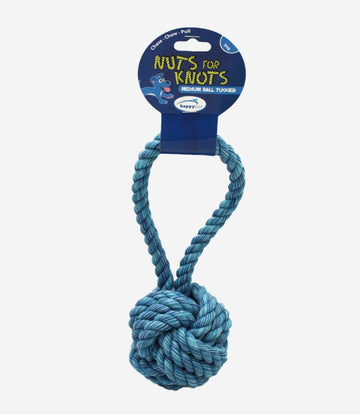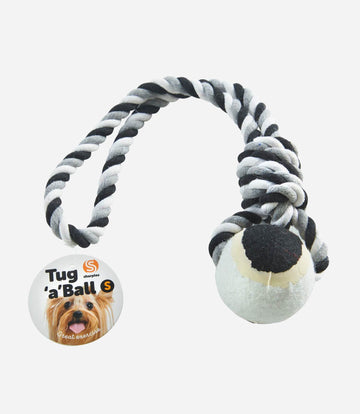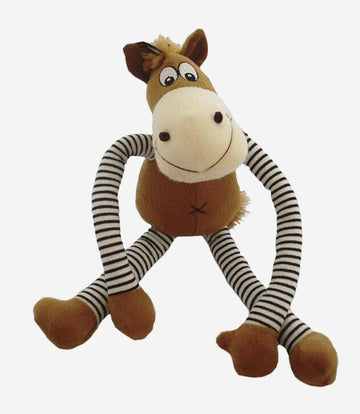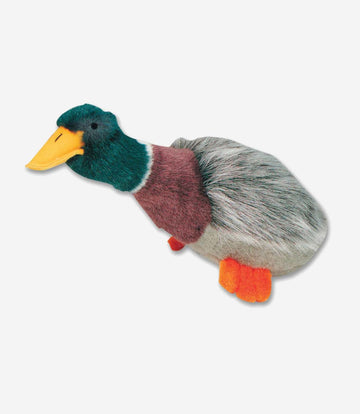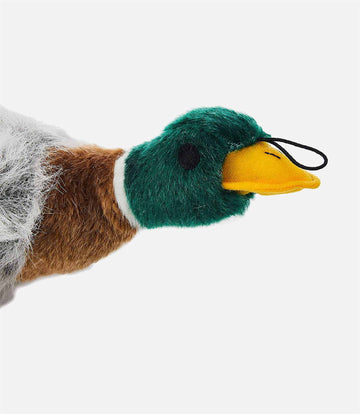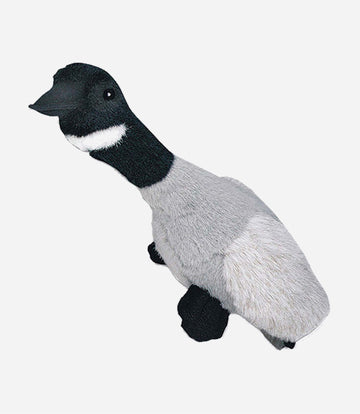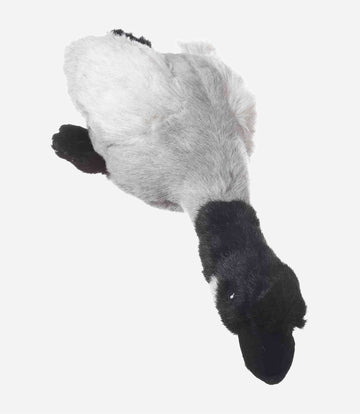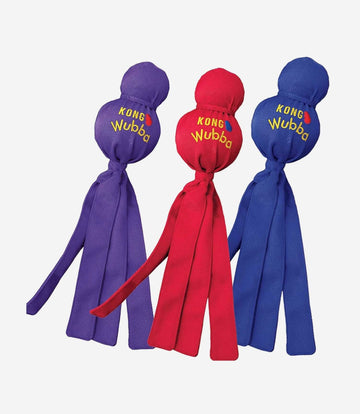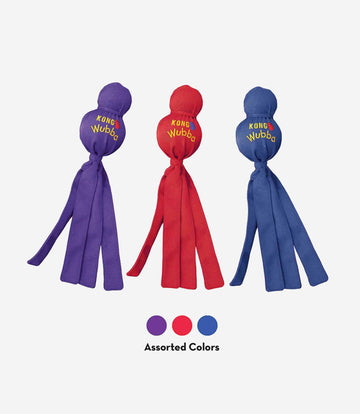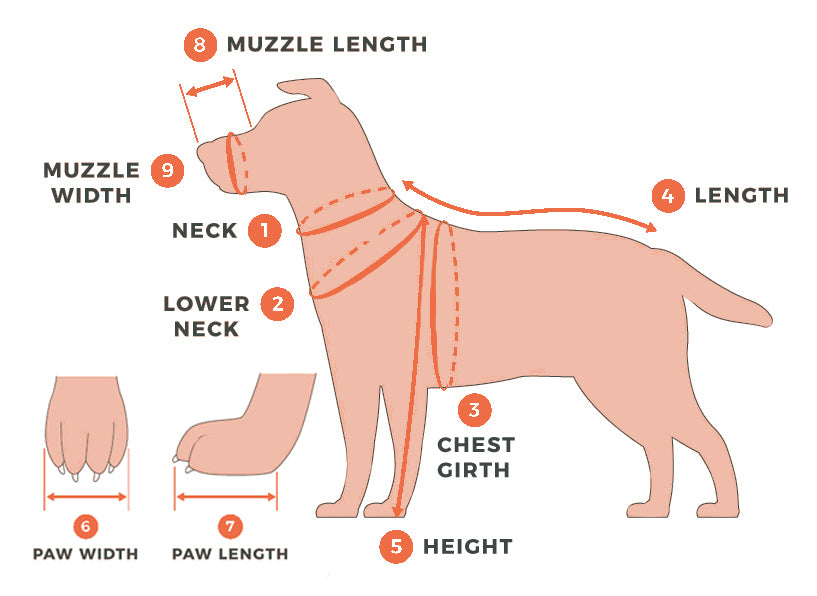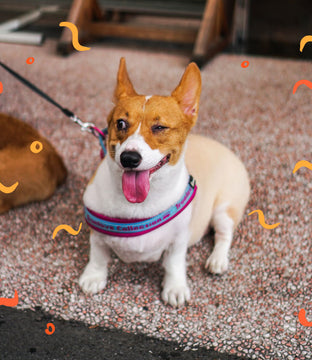Separation Anxiety in Dogs
It can be heartbreaking for a dog owners to leave their pup alone. This is especially true if your dog suffers from separation anxiety and has been known to destroy furniture, break through walls, or exhibit other destructive behaviors when left alone. Luckily, you can take steps to help ease the severity of these symptoms so that both you and your furry friend can enjoy life more. Here in this blog, we will discuss what causes separation anxiety in dogs and how to help with separation anxiety.
What Causes Separation Anxiety In Dogs?
Some dogs experience separation anxiety, which a number of different factors can cause. Factors that may lead to a dog's discomfort are:
- If your dog lives alone and has no exposure to other people or animals, then there are chances that he will suffer from separation anxiety. This problem is more common in our society today. If your pet has a more social life, he is less likely to suffer from separation anxiety.
- The fear of separation can develop because the dog's needs were not met during or after a separation from their owner, which has caused them distress, leading to panic attacks when left alone.
- If you have an elderly dog who is suffering from dementia, he has more chances of suffering from separation anxiety.
- The human-canine bond is unbreakable. When you leave your pet for an extended period of time, your dog will feel like he is losing his partner, and it can be difficult for him to handle, and he may start suffering from separation anxiety.
How To Help With Separation Anxiety In Dogs?
There are many ways you can help your dog suffering from separation anxiety. Some common ways are:
Socialize From A Young Age
One of the best ways to keep your pups from developing separation anxiety is by spending time with them and fostering a sense that you are not going anywhere. A dog needs socialization for its brain chemistry to work correctly, so make sure they're constantly exposed to new things throughout their lives.
Dogs are pack animals and need to learn how the members of their respective packs behave. If you want a well-behaved dog, it's essential that they have positive interactions with people from an early age. Start socializing your dog from as early as eight weeks of age.
Crate Train Your Dog
Crate training your dog from a young age will help make a habit and go straight into the crate whenever he is left alone. A crate-trained dog will also not feel abandoned or scared, and he will love to go in his crate.
Leave A Toy For Them
A bored dog can quickly turn into an unhappy one when he doesn't have to do anything when you leave him behind. Dogs need to be mentally stimulated, so make sure you give them a toy that will keep their minds busy. A Kong is always good for chewing and exploring; you can also try meat-flavored chews or treat balls instead of the same old stuffed animal. The key behind giving any toy to your pup is to make these toys special and provide access to your dog during unsupervised playtime. So they feel excited about playing with them.
Train Your Dog To Relax During Alone Time
Remember to take your dog for a walk before you leave so that they have time to go potty and stretch their legs. If it's been more than an hour since feeding them, feed them some food - this will make going out much easier on both of you. You will see that your pup will feel more relaxed and calm after these chores.
Minimize Disturbance
When you leave your dog alone, the chances are that they get nervous by the sight and sound coming from the window. The solution to preventing your dog from barking when someone walks by, or a car starts playing its horns is simple: close the curtains. If you want less disruption in their life, try leaving on some background noise or music that will muffle outside sounds like traffic so they can't hear anything.
Don't Make Big Deal When You Are Going Out
Dogs are usually best left in the dark about what's going on around them, which is why it's essential to keep your dog out of sight when you leave. Dogs have been bred for companionship and herding, so they often feel more sensitive about their owners' departure. So it's best not to make a big deal of your departure and not let your dog know what's going around them.
Get A Dog Sitter
If you have a dog, it's vital that you take care of them being the owners. If left on their own for more than four hours, they may start feeling anxious and need some company while you're out of sight or unavailable during this time frame. An excellent way to solve the problem is by using an emergency pet sitting service which allows someone else who already loves dogs like yourself to take care of your pup.
Do Not Punish Your Dog
If your dog misbehaves while you're out, you mustn't prompt a negative response. Your pet will become anxious about what happens when you return home next time, and this only worsens their behavior (like chewing or barking) in turn. If you come back home and see a mess, try not to get angry at them; instead, clean the mess and try to solve their problem next time.
Conclusion
A number of triggers can cause separation anxiety in dogs. If you're looking to end your dog's separation anxiety, talk to an animal behaviorist about the best way for you and your pup to proceed. All of the tips mentioned above can be applied to help with separation anxiety in dogs. We hope you were able to find some helpful information, and we'd love your feedback on which methods seem the most promising for helping your pup overcome his anxious feelings.

